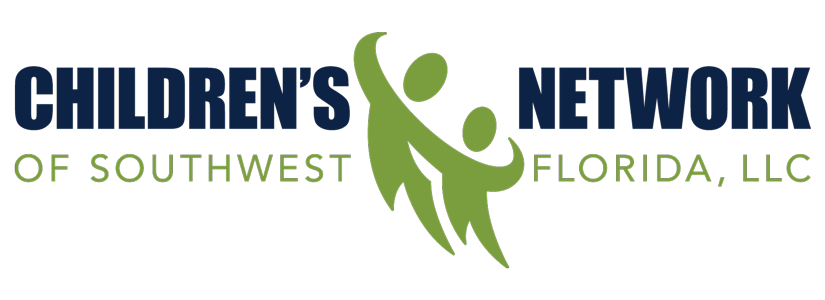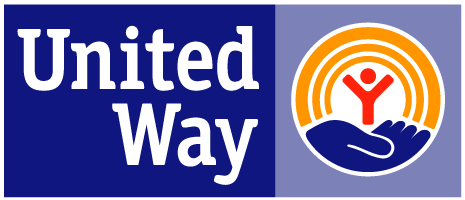OUR STORY
Who We Are
The Children’s Network of Southwest Florida, LLC, was created in April 2003 as the Lead Agency for child welfare services in Circuit 20.
Children’s Network of Southwest Florida is the private, nonprofit lead agency that administers the child welfare system in Lee, Collier, Charlotte, Hendry and Glades Counties. Our mission is to work with the community to protect children and preserve families. Children’s Network is responsible for over 2,500 abused and neglected children, and delivers a comprehensive local system of care through subcontracts with more than 50 social service agencies. The agency also serves over 300 at-risk community children each month in our Diversion Program. Since the agency’s founding in 2003, Children’s Network of Southwest Florida has worked so that our communities’ children are safer, have better access to local resources and are able to have a stable, loving, and secure home environment. Children’s Network of Southwest Florida contracts with the Department of Children and Families to oversee the child welfare system in Southwest Florida. For more information about Children’s Network and its programs, visit www.childrensnetworkfl.com or call us at 239-226-1524.
What is Children’s Network of Southwest Florida?
Mission
The Children’s Network of Southwest Florida is committed to working with the community to protect children and preserve families.
Vision
Building Strong Links for Children in Need.
Values
- Leadership
The Children’s Network of Southwest Florida embraces leadership guided by informed wisdom and common sense, with compassion.
- Integrity
The Children’s Network of Southwest Florida operates with integrity, honesty, and transparency.
- Advocacy
The Children’s Network of Southwest Florida advocates for safety, permanency and well-being of children and their families.
- Stewardship
The Children’s Network of Southwest Florida is an active steward committed to the efficient and effective use of resources.
Windows of Opportunity: Our System of Care


Important Principles:
- Access — children and their families will have timely access to appropriate services. Waiting lists and other barriers to access will be identified and removed.
- Strengths Based — individualized treatment plans will be strengths and goal oriented, with a solution focus.
- Individualized Services — each child or family will receive individualized services in accordance with strengths and needs identified both by the child/family, and through valid professional assessments. Services will be delivered in accordance with case plans.
- Family-Centered Focus — service planning will be designed to meet the unique strengths and needs of the child/family and will encourage full participation of the family.
- Culturally Competent and Respectful Practice — culturally competent services will be delivered in a manner that respects individual and family needs, cultural differences and special issues. Culturally competent, diverse staff will ensure that all clients receive the services they need and benefit from the services they receive and that any differences in outcomes for populations of different races, religions, ethnicity, gender, physical disability, or other characteristics are identified and addressed.
- Integration — interagency planning, resource sharing and service delivery will be linked across the Department of Children and Families and the system of care network providers. Through a shared philosophy, coordinated intake, service planning, case management and continuity of service provision, the system of care will appear seamless to the individuals and families served.
- Effective and Efficient — children, their families and the community will expect quality services, effective service outcomes and responsible and accountable use of public and private funds. Providers and families will be held accountable for results.
- Normalized — children will receive services within the least restrictive environment that is appropriate for their services needs and consistent with their safety needs.
- Community-Focused — local planning, management and decision-making will ensure that resources meet unique community needs.
- Safety Oriented — crisis and safety plans will be developed for children who are returned to or remaining in their own home.
- Permanency Driven — the Children’s Network of Southwest Florida will always strive for a safe reunification of children with their families; however, if reunification is not possible or not a goal of the case planning process, an alternate permanency plan for children and adolescents who are in out-of-home care will be developed in a timely fashion. All children with current goals of long term or permanent foster care will be immediately re-assessed and given a more appropriate goal, including reunification, adoption.



